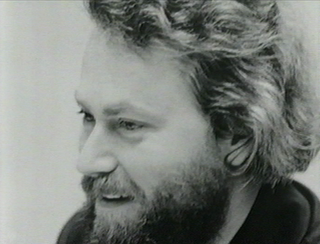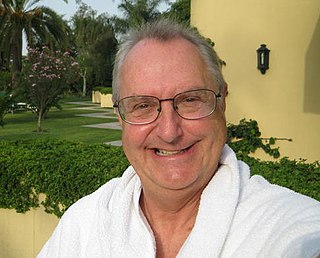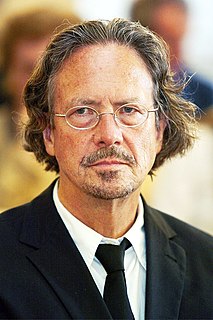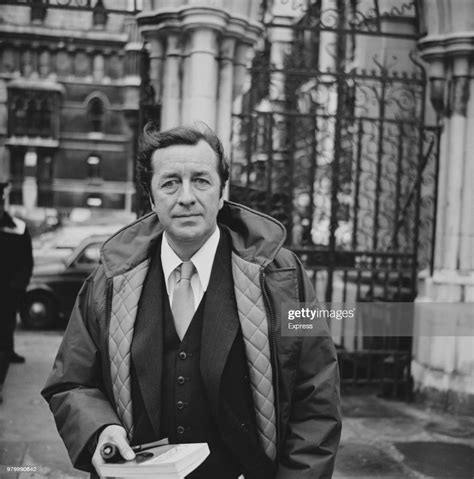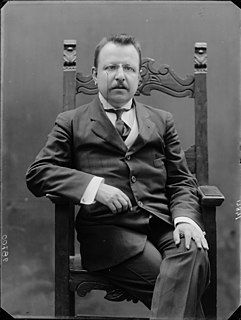Top 1200 Morality In Hamlet Quotes & Sayings - Page 2
Explore popular Morality In Hamlet quotes.
Last updated on April 20, 2025.
The hypothesis I wish to advance is thatthe language of morality is ingrave disorder.... What we possess, if this is true, are the fragments of a conceptual scheme, parts of which now lack those contexts from which their significance derived. We possess indeed simulacra of morality, we continue to use many of the key expressions. But we have--very largely if not entirely--lost our comprehension, both theoretical and practical, of morality.
What [Nietzsche] calls slave morality is to him purely spite-morality; and this spite-morality gave new names to all ideals. Thus impotence, which offers no reprisal, became goodness; craven baseness became humility; submission to him who was feared became obedience; inability to assert one's self became reluctance to assert one's self, became forgiveness, love of one's enemies. Misery became a distinction
Morality makes stupid.- Custom represents the experiences of men of earlier times as to what they supposed useful and harmful - but the sense for custom (morality) applies, not to these experiences as such, but to the age, the sanctity, the indiscussability of the custom. And so this feeling is a hindrance to the acquisition of new experiences and the correction of customs: that is to say, morality is a hindrance to the development of new and better customs: it makes stupid.
Hamlet is to Macbeth somewhat as the Ghost is to the Witches. Revenge, or ambition, in its inception may have a lofty, even a majestic countenance, but when it has "coupled hell" and become crime, it grows increasingly foul and sordid. We love and admire Hamlet so much at the beginning that we tend to forget that he is as hot-blooded as the earlier Macbeth when he kills Polonius and the King, cold-blooded as the later Macbeth or Iago when he sends Rosencrantz and Guildenstern to death.
My first book, 'To Be or Not To Be,' took 'Hamlet' and converted it to the choose-your-own-path format. It was a great fit for a book where you control what happens - a book as game - because the plot of 'Hamlet' is very game-like: get a mission from a ghost to kill the final boss, kill the final boss, and game over. You win.
Do you take me for a sponge, my lord? hamlet: Ay, sir; that soaks up the king's countenance, his rewards, his authorities. But such officers do the king best service in the end: he keeps them, like an ape, in the corner of his jaw; first mouthed, to be last swallowed: when he needs what you have gleaned, it is but squeezing you, and, sponge, you shall be dry again. rosencrantz: I understand you not, my lord. hamlet: I am glad of it: a knavish speech sleeps in a foolish ear.
In his address of 19 September 1796, given as he prepared to leave office, President George Washington spoke about the importance of morality to the country's well-being: Of all the dispositions and habits which lead to political prosperity, Religion and Morality are indispensable supports. . . . And let us with caution indulge the supposition that morality can be maintained without religion. . . . Can it be that Providence has not connected the permanent felicity of a Nation with its virtue?





